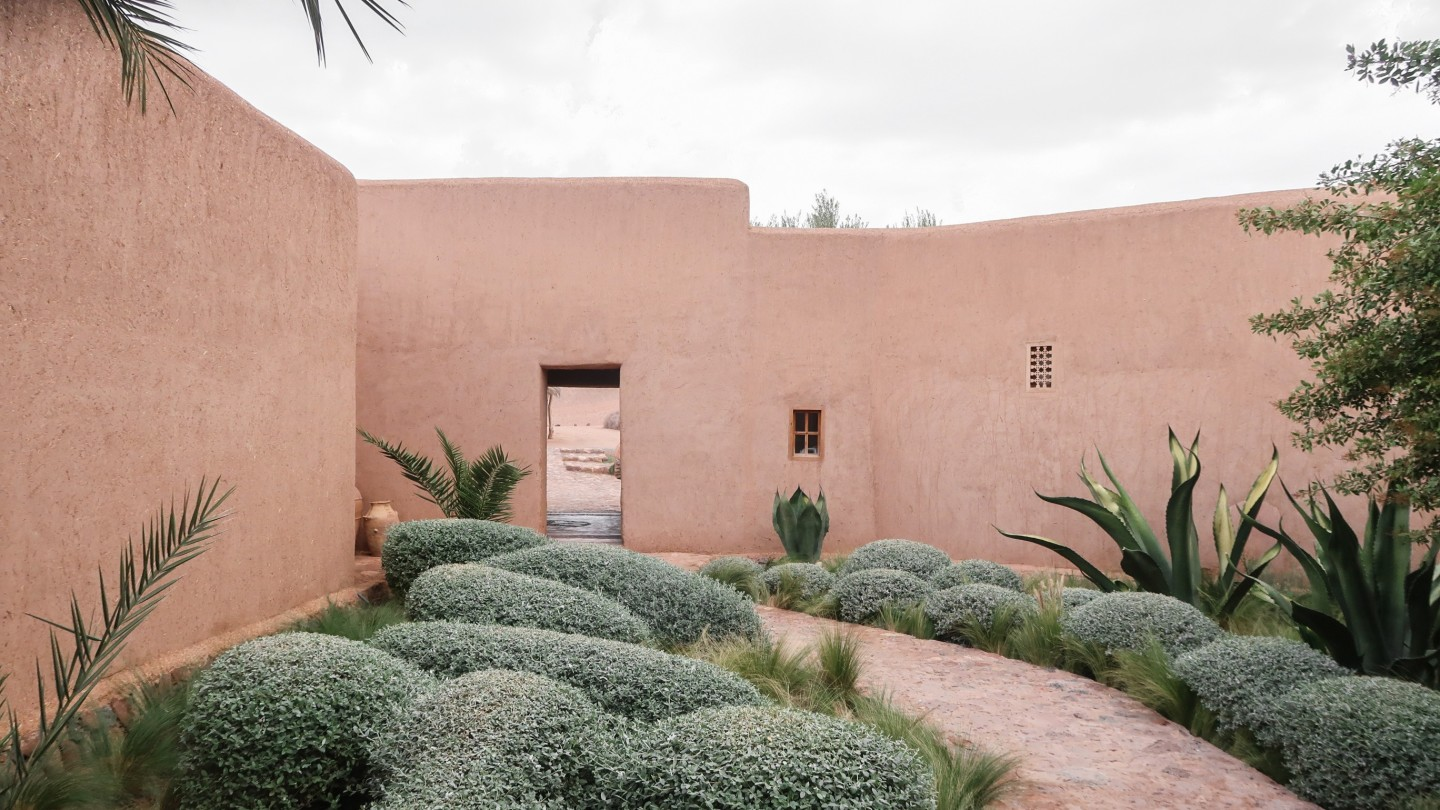- Published on
Moroccan Time Management How to Adapt to Local Schedules
- Authors

- Name
- Adil ABBADI
Introduction
Morocco, a country where the pace of life is dictated by the calls to prayer, the scent of mint tea, and the vibrant colors of the souks. As a visitor, adapting to the local schedules can be a fascinating and enriching experience. However, it can also be overwhelming, especially when it comes to time management. In this blog, we'll delve into the intricacies of Moroccan time management, and provide you with valuable insights on how to navigate the local schedules like a pro.
- Understanding Moroccan Timekeeping
- Adapting to Local Schedules
- Navigating Business Hours
- Conclusion
- Embrace the Rhythm
Understanding Moroccan Timekeeping
In Morocco, time is a flexible concept. Clocks are not always accurate, and punctuality is not always a priority. This can be challenging for visitors who are used to a more structured approach to time. To thrive in Morocco, it's essential to understand the local attitude towards time.

The Power of 'InshAllah'
In Morocco, the phrase "inshAllah" (God willing) is used frequently to express a sense of uncertainty or flexibility around timelines. This phrase is not just a figure of speech; it's a way of life. Moroccans often prioritize family, social, and spiritual obligations over strict time schedules. Be prepared to adapt to this mindset, and don't be surprised if plans change or appointments are rescheduled at the last minute.
Siesta Time
In Morocco, the heat of the day is respected, and many businesses and shops close during the hottest hours (usually between 2 pm and 4 pm). This is not just a siesta; it's a sacred time for rest, prayer, and rejuvenation. Be prepared to slow down during this period and take advantage of the opportunity to recharge.
Adapting to Local Schedules
To make the most of your time in Morocco, it's crucial to adapt to the local schedules. Here are some practical tips to help you navigate the rhythms of Moroccan time management:
Be Flexible
Embrace the concept of "inshAllah" and be prepared for changes in plans. Keep your itinerary flexible, and don't be too tied to specific timelines.
Respect Siesta Time
Use the siesta period to recharge, relax, and enjoy some quiet time. Avoid scheduling important meetings or activities during this time.
Use Local Timekeeping
Get used to the local way of telling time, which is often based on the prayer schedule. Use the calls to prayer as a guide to keep track of time.
Plan Ahead
Despite the flexibility of Moroccan timekeeping, it's still essential to plan ahead. Research opening hours, prayer schedules, and local events to ensure you make the most of your time.
Navigating Business Hours
In Morocco, business hours can be unpredictable, and shopkeepers may not always stick to their advertised schedules. Here are some tips to help you navigate business hours:
Shops and Markets
Most shops and markets open around 9 am and close around 7 pm. However, these hours can vary depending on the location and the type of business.
Banks and Government Offices
Banks and government offices usually follow more traditional working hours, from 8 am to 4 pm.
Restaurants and Cafes
Restaurants and cafes often operate on a more flexible schedule, with many staying open late into the night.

Conclusion
Adapting to Moroccan time management requires flexibility, patience, and an open mind. By embracing the local attitude towards time, respecting siesta periods, and being prepared for changes in plans, you'll be able to navigate the rhythms of Morocco like a pro. Remember, in Morocco, time is not just about clocks and schedules; it's about living in harmony with the community and the environment.
Embrace the Rhythm
As you explore the vibrant souks, majestic mosques, and stunning landscapes of Morocco, remember to slow down, breathe deeply, and let the rhythm of the country guide you. With an open heart and mind, you'll discover the true beauty of Moroccan time management.

